Why does the UK sell arms to Saudi Arabia?
UK has sold £6.2bn of weapons to the Saudi-led coalition bombing Yemen
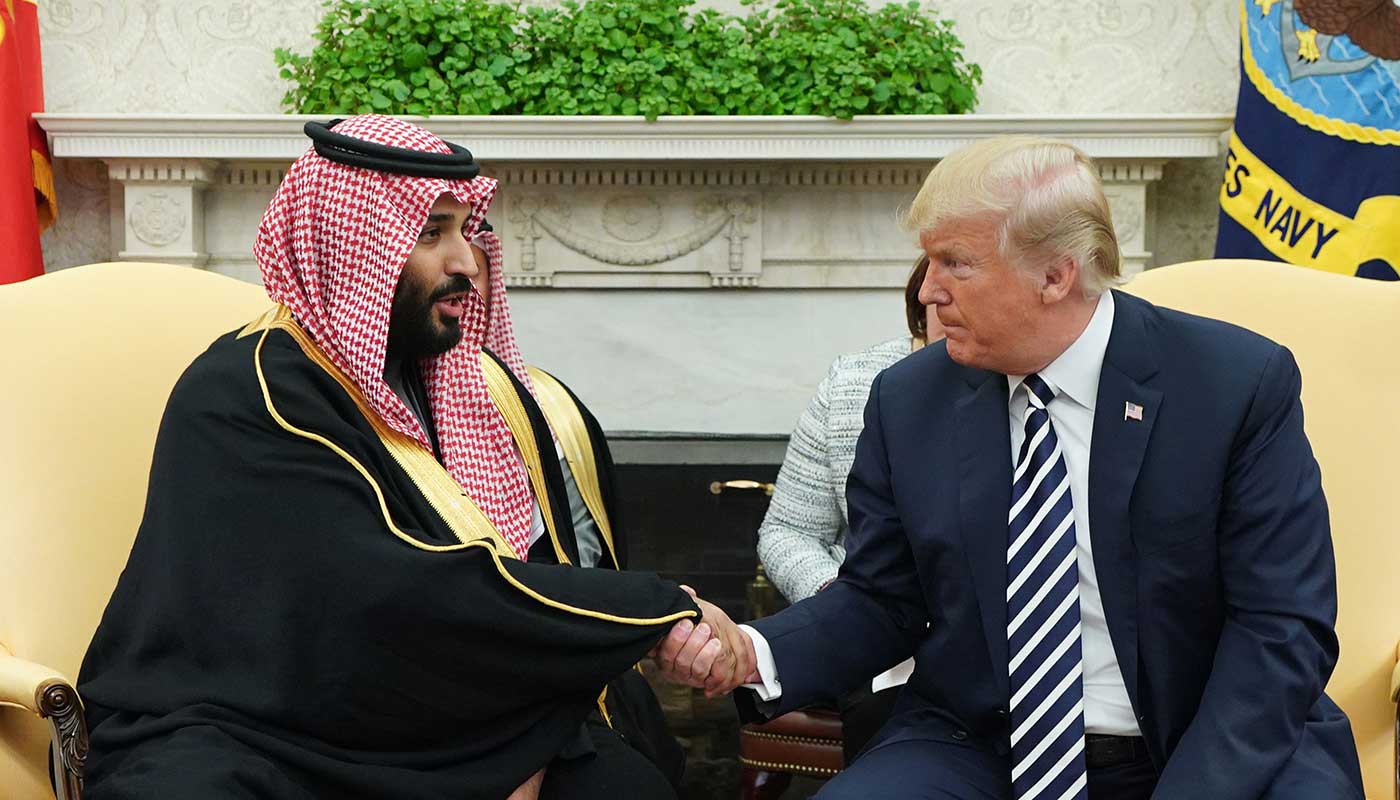
A free daily email with the biggest news stories of the day – and the best features from TheWeek.com
You are now subscribed
Your newsletter sign-up was successful
The UK has overseen the sale of £6.2bn worth of arms to the Saudi coalition since the start of the war in Yemen, according to a new report.
The Campaign Against the Arms Trade (CAAT) group say the crisis in Yemen “wouldn’t have been possible without the complicity and support of Downing Street.”
Fighter jets, bombs and missiles made in Britain have been sold to the Saudi-led coalition leading the bombing of Yemen, and are believed to have been used in the conflict, reports The Independent.
The Week
Escape your echo chamber. Get the facts behind the news, plus analysis from multiple perspectives.

Sign up for The Week's Free Newsletters
From our morning news briefing to a weekly Good News Newsletter, get the best of The Week delivered directly to your inbox.
From our morning news briefing to a weekly Good News Newsletter, get the best of The Week delivered directly to your inbox.
A 300-page report compiled by team of international lawyers and Yemeni human rights activists estimates that Saudi bombing has killed more than 8,000 civilians, the paper adds.
The conflict has also led to the spread of a deadly cholera outbreak and widespread famine, causing the United Nations to label the situation the worst current humanitarian crisis in the world.
The British Government says it supports Saudi Arabia’s airstrikes as a means of “fighting to restore Yemen’s legitimate government” under recognised Yemen president Abdrabbuh Mansour Hadi.
But in June, Court of Appeal judges ruled that the UK continuing to sell arms to Saudi Arabia for use in the war was “irrational and therefore unlawful”, and ordered the Government to review its licensing procedures.
A free daily email with the biggest news stories of the day – and the best features from TheWeek.com
The ruling found that although the UK had “engaged closely” with Riyadh to try to minimise the number of civilian casualties in Yemen, its efforts did not meet the legal obligation to assess the risk of war crimes.
UK export policy says that military equipment licences should not be granted if there is a “clear risk” weapons might be used in a "serious violation of international humanitarian law”.
How many British weapons have been sold to Saudi Arabia?
The Stockholm International Peace Research Institute, a think tank that monitors the global weapons industry, puts Britain in second place as a supplier of “major arms” to Saudi Arabia, behind the US and ahead of France, says the BBC.
Equipment sold to Saudi Arabia includes Typhoon and Tornado fighter jets, as well as precision-guided bombs, says the BBC.
More than 40% of UK arms exports are destined for Saudi Arabia, and in 2018, BAE Systems – the largest UK defence company – made £2.6bn worth of sales to the Gulf state.
On top of arms sales directly to Saudi Arabia, government figures show that export licences have been granted to multiple members of the Saudi-led coalition in the four years since the conflict began in March 2015.
The figures include £657m to United Arab Emirates, £85m to Egypt, £72m to Bahrain, £40m to Kuwait and £142m to Qatar before it withdrew from the coalition in 2017, says the Independent.
The CAAT said the actual numbers were “likely to be a great deal higher” because many bombs and missiles used by the Saudis were approved through a separate licensing system, the data of which isn’t made public.
How does the UK compare to the rest of the West?
When it comes to arms deals to Saudi Arabia, the US leads the way. Between 2013 and 2017, nearly one-fifth of all US weapons exports were sold to Saudi Arabia, the Stockholm International Peace Research Institute (SIPRI) reports.
A controversial 2017 deal was known to include tanks, combat ships and missile defence systems, as well as radar, communications and cybersecurity technology, ABC News reported.
Donald Trump has long insisted that Saudi Arabia and the UAE are a “bulwark against the malign activities of Iran and its proxies in the region”.
And Trump’s administration also frequently refers to the economic benefits reaped by the US in arms deals to Saudi Arabia. This year, the National Security Council “put forth a policy that cuts regulations and diminishes the long wait times usually associated with weapons sales”, CBS News reports, as part of a so-called “Arms Transfer Initiative”.
Germany stopped selling arms to Saudi Arabia in October 2018 following the murder of the journalist Jamal Khashoggi by Saudi agents in Istanbul. They renewed the ban at the end of March this year, banning arms sales for a further six months, to expire on 30 September.
The ban has had a greater effect than Berlin might have anticipated; when Germany stopped exporting weapons to Saudi Arabia, it also barred the sale of component parts that could be used by companies outside Germany.
The chief executive of Airbus, Thomas Enders, told Reuters in February: “It has been driving us crazy at Airbus for years that when there is even just a tiny German part involved in, for example, helicopters, the German side gives itself the right to, for example, block the sale of a French helicopter.”
France, Turkey, China and Canada are all also sellers of arms to Riyadh.
What does the UK say?
As foreign secretary, in 2016 Boris Johnson recommended that the UK should allow Saudi Arabia to buy British bomb parts expected to be deployed in Yemen, despite an airstrike days earlier killing 14 civilians, says the The Guardian.
A day after the sale was approved, a village school in Yemen was hit by another deadly airstrike.
Johnson’s Prime Ministerial predecessor Theresa May also signed off the sales, with her government repeatedly rejecting calls to end arms sales to Riyadh, stressing the importance of upholding good relations with the UK’s key ally in the Middle East.
The UK’s impending exit from the EU has also played a key role, according to some experts and campaign groups. The CAAT says the UK’s “search for post-Brexit trade deals has seen an unwelcome focus on selling arms to some of the world’s most repressive regimes”.
The government also argues that it has one of the strictest licensing procedures in the world, with safeguards in place to ensure against improper use. Boris Johnson, prior to becoming prime minister, claimed that other Western countries would “happily supply arms” to Saudi Arabia “with nothing like the same compunctions or criteria or respect for humanitarian law”.
What do opponents say?
After UK courts ordered the suspension of any new arms deals with Saudi Arabia in June, Lucy Claridge, director of strategic litigation at Amnesty International, said the judgment was: “a major step towards preventing further bloodshed”.
“This is the first time that a UK court has acknowledged the risks of continuing to lavish Saudi Arabia with military equipment for use in Yemen,” she said.
Labour and the Liberal Democrats have both called for an immediate end to UK weapons exports to Saudi Arabia.
Jeremy Corbyn has urged a full parliamentary or public inquiry into arms sales to Saudi Arabia. The Labour leader said: “UK advice, assistance and arms supplies to Saudi’s war in Yemen is a moral stain on our country. Arms sales to Saudi must stop now.”
-
 How the FCC’s ‘equal time’ rule works
How the FCC’s ‘equal time’ rule worksIn the Spotlight The law is at the heart of the Colbert-CBS conflict
-
 What is the endgame in the DHS shutdown?
What is the endgame in the DHS shutdown?Today’s Big Question Democrats want to rein in ICE’s immigration crackdown
-
 ‘Poor time management isn’t just an inconvenience’
‘Poor time management isn’t just an inconvenience’Instant Opinion Opinion, comment and editorials of the day
-
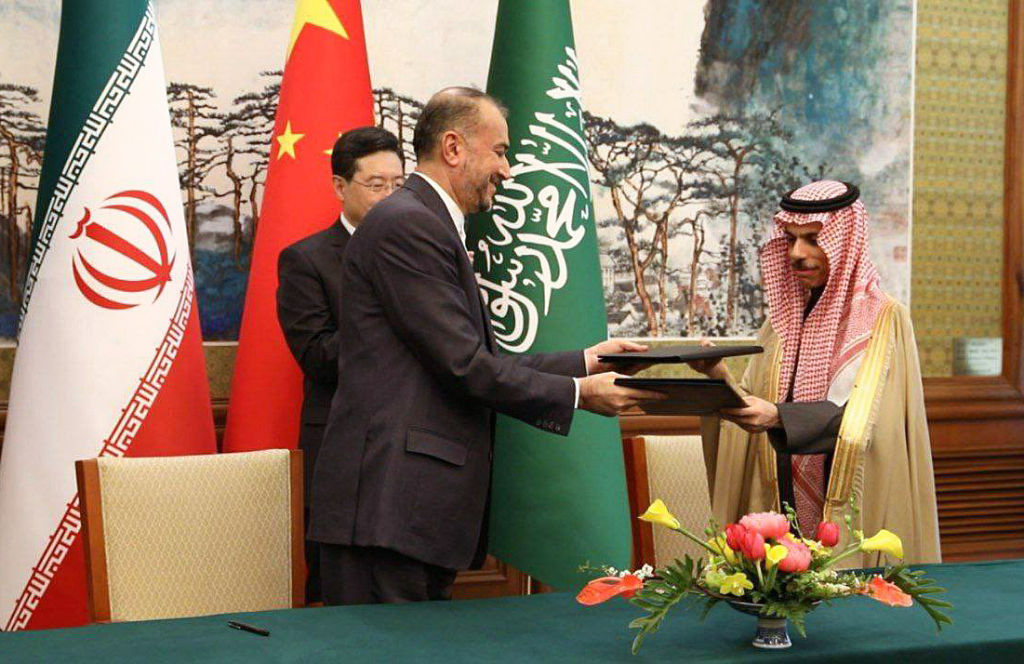 Iran and Saudi Arabia agree to reopen embassies, resume flights in China-brokered thaw
Iran and Saudi Arabia agree to reopen embassies, resume flights in China-brokered thawSpeed Read
-
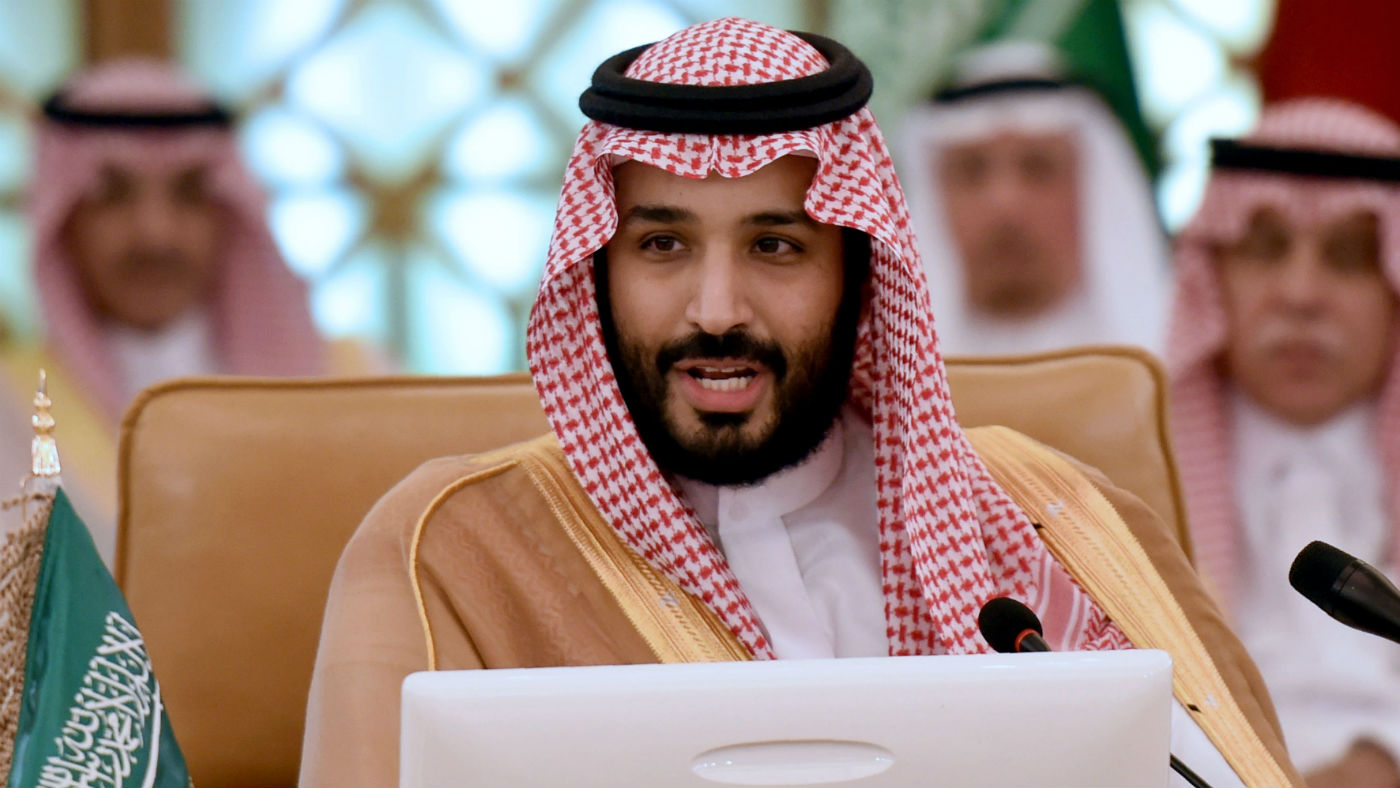 An end to Iran and Saudi Arabia’s seven-year rift
An end to Iran and Saudi Arabia’s seven-year riftfeature Thawing of relations could transform the Middle East
-
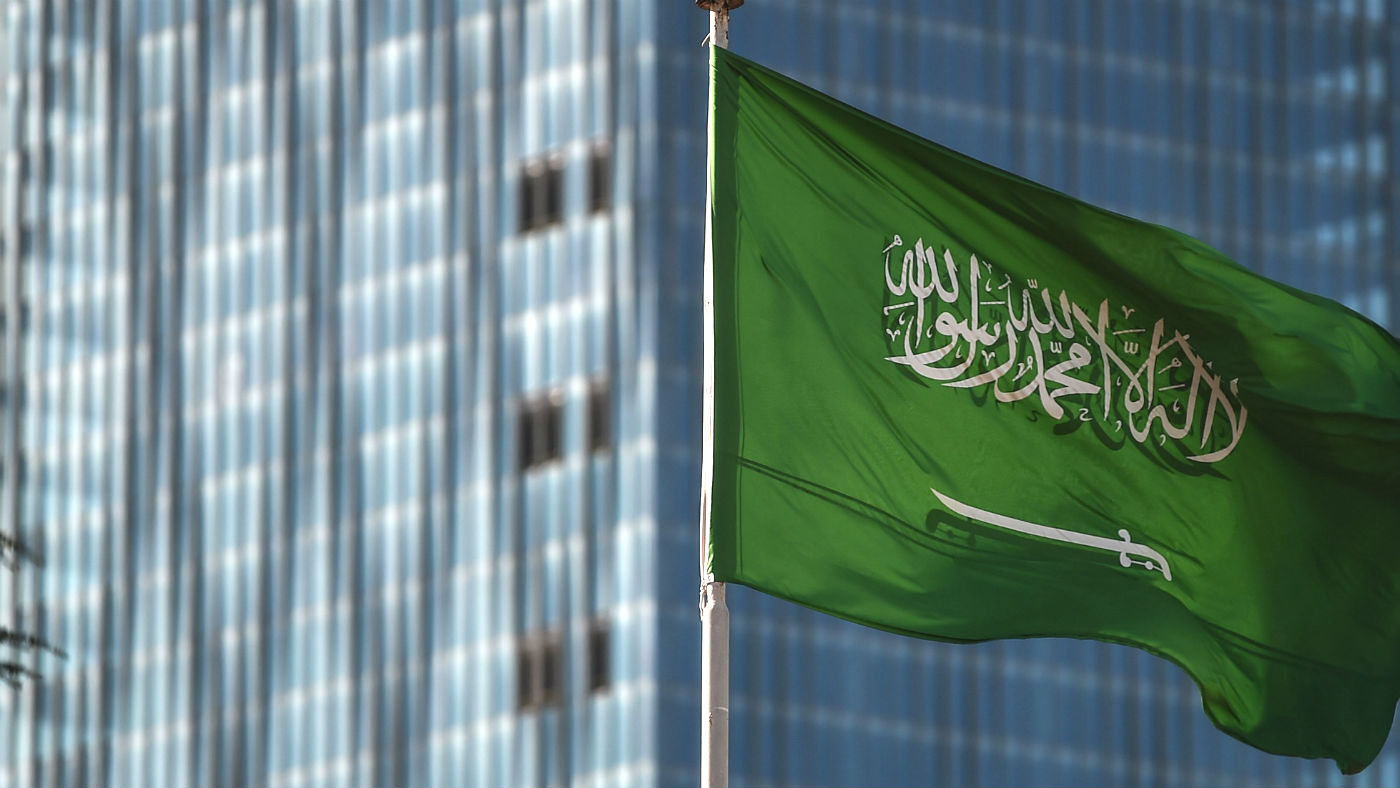 The Week Unwrapped: Antisocial Saudis, hormone therapy and retro tech
The Week Unwrapped: Antisocial Saudis, hormone therapy and retro techpodcast Why is Saudi Arabia investing in – and banning – social networks? Will new research make life easier for trans women? And is the future of technology dumb?
-
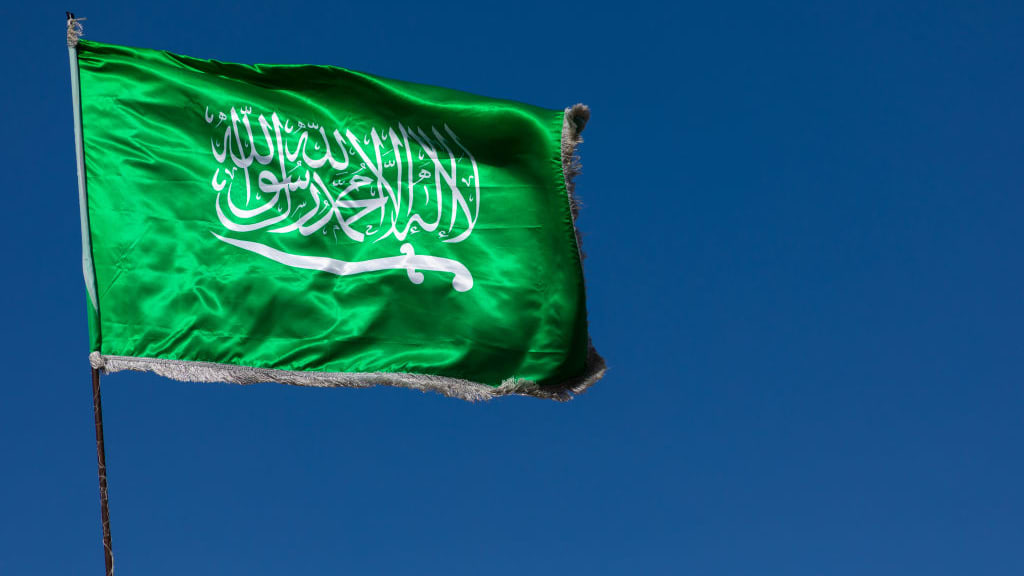 Saudi Arabia sentences U.S. citizen to 16 years in prison over tweets, family says
Saudi Arabia sentences U.S. citizen to 16 years in prison over tweets, family saysSpeed Read
-
 The Week Unwrapped: Nigerian gas, female exercise and a new Saudi city
The Week Unwrapped: Nigerian gas, female exercise and a new Saudi citypodcast Could Nigeria step in to fill the Russian energy gap? Why are British women reluctant to get fit? And what can we expect from a solar-powered city in the desert?
-
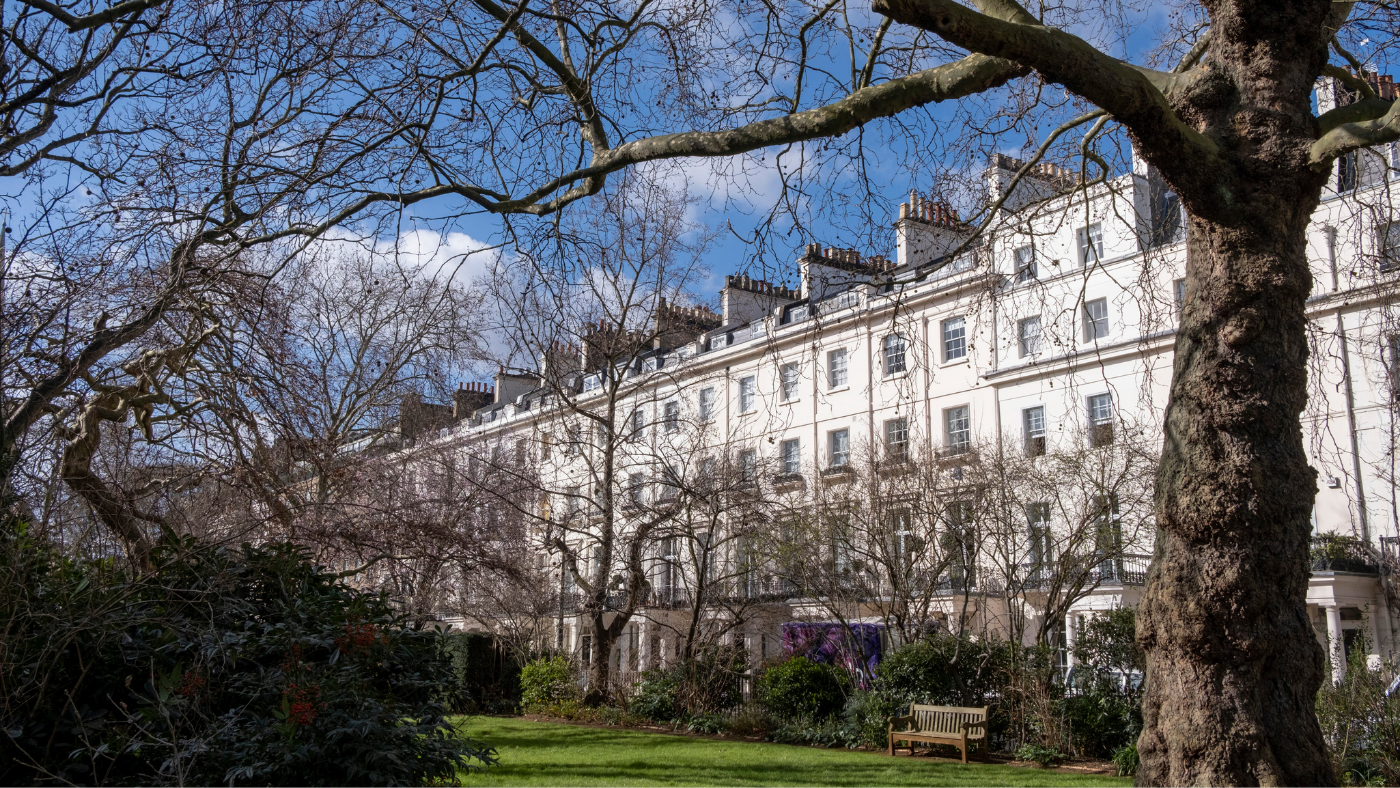 ‘Indulging oligarchs has settled into deep groupthink’
‘Indulging oligarchs has settled into deep groupthink’Instant Opinion Your digest of analysis from the British and international press
-
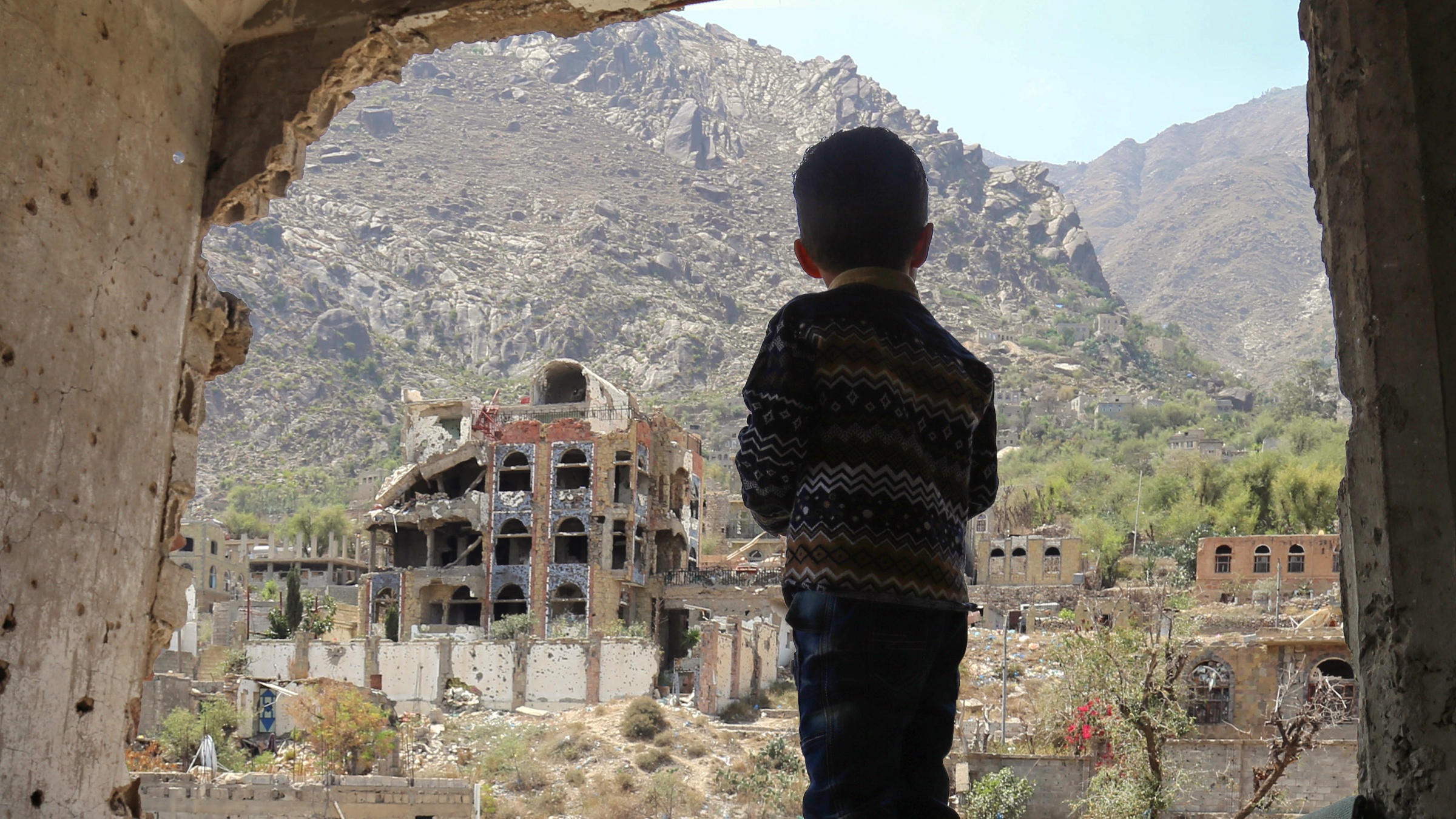 ‘Britain is, for the moment, clear that it won’t follow the Americans down this path’
‘Britain is, for the moment, clear that it won’t follow the Americans down this path’Instant Opinion Your digest of analysis and commentary from the British and international press
-
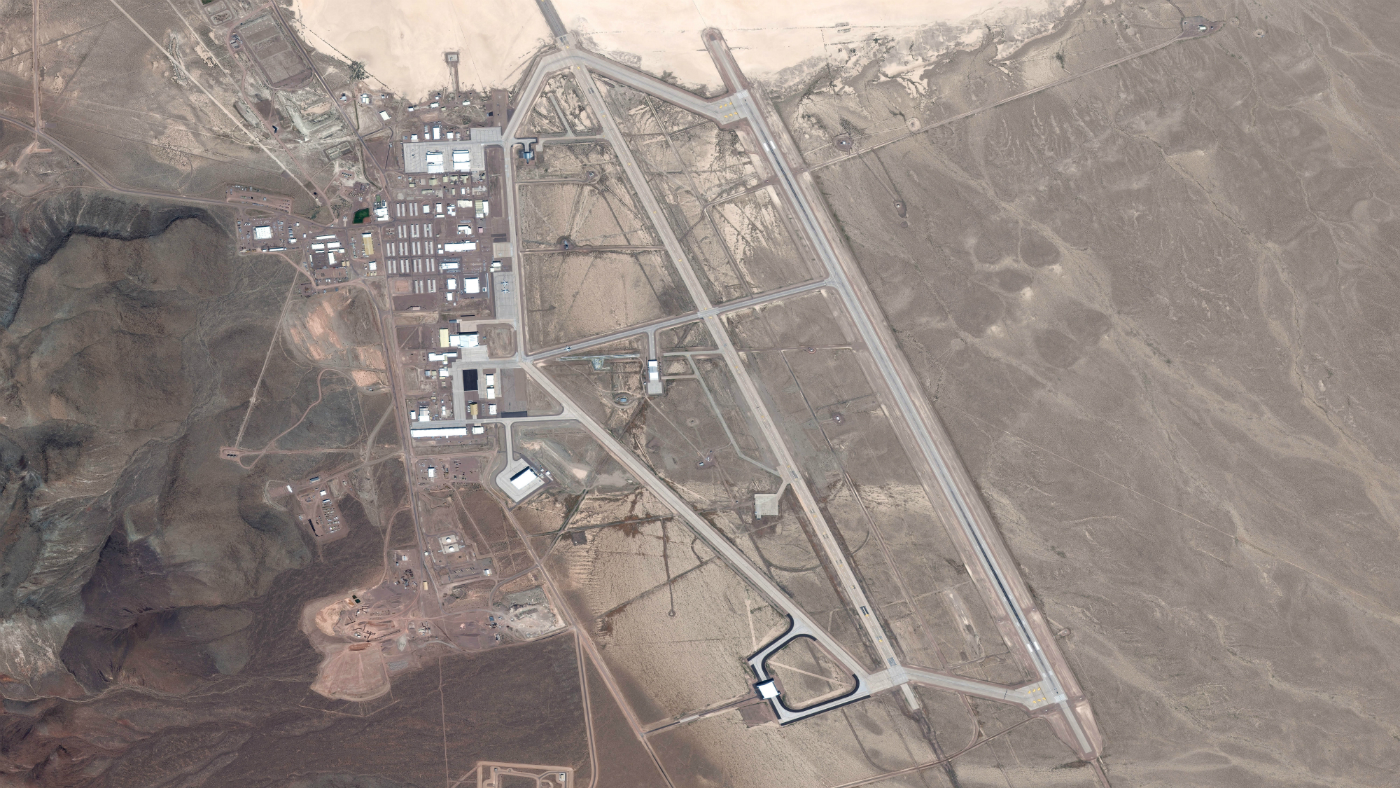 Vlogger ‘spots giant robots at Area 51’
Vlogger ‘spots giant robots at Area 51’Speed Read And other stories from the stranger side of life